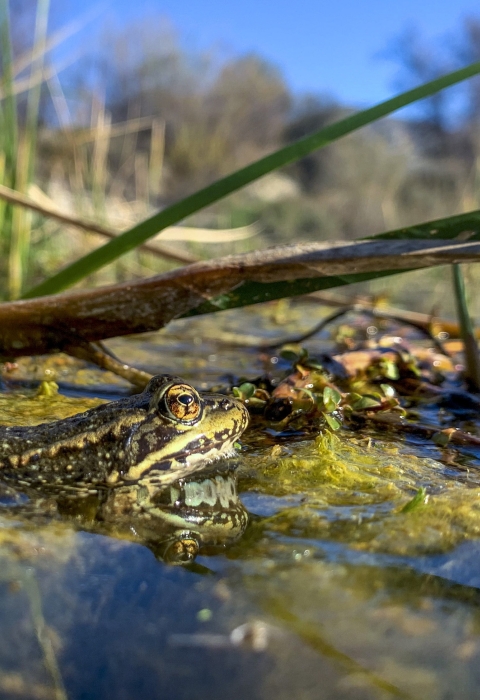About this Collection
The purpose of the Endangered Species Act consultation process is to assist federal agencies in meeting their obligation to insure that any action they authorize, fund, or carry out is not likely to jeopardize the continued existence of any species listed as endangered or threatened or to result in the destruction or adverse modification of designated critical habitat. This process applies to the registration and reregistration of pesticides by the Environmental Protection Agency (EPA) under the Federal Insecticide, Fungicide, and Rodenticide Act (FIFRA). Learn more about the EPA Pesticide Program and EPA efforts to protect endangered species from pesticides.
Pesticides may be harmful to some endangered and threatened species. Through the section 7(a)(2) consultation process, the EPA, registrants, and other stakeholders can work with the U.S. Fish and Wildlife Service (Service) to avoid and minimize adverse effects to threatened and endangered species and their critical habitat from the registration and use of pesticides. Where adverse effects cannot be avoided, the Service will prepare a biological opinion to determine whether registration of a given pesticide is likely to jeopardize a listed species and/or adversely modify critical habitat. Completed biological opinions will be added to this library collection as they become available.
Since 2013, the Service and EPA, together with National Marine Fisheries Service (NOAA-Fisheries), have been working collaboratively on the ESA section 7 consultation process pursuant to recommendations from the National Academy of Sciences, using a phased, iterative process. The agencies are currently working together to complete consultations on nine pesticides (carbaryl, chlorpyrifos, diazinon, malathion, methomyl, atrazine, simazine, propazine and glyphosate).
As part of carrying out the consultation process for pesticide products, the Service, along with EPA, NOAA-Fisheries, and the U.S. Department of Agriculture, is committed to providing product registrants, product users, and other interested parties opportunities for involvement. The agencies will provide notifications regarding how such involvement will be sought as the consultations unfold.
Biological Opinions for Pesticide Registrations
As biological opinions for the registration of nine pesticides listed in the July 28, 2014 Settlement Agreement (Center for Biological Diversity v. United States Fish and Wildlife Service et al., 2014) and the February 19, 2016 Settlement Agreement (Center for Biological Diversity v. United States Fish and Wildlife Service, 2016) are finalized, they will be available here.
